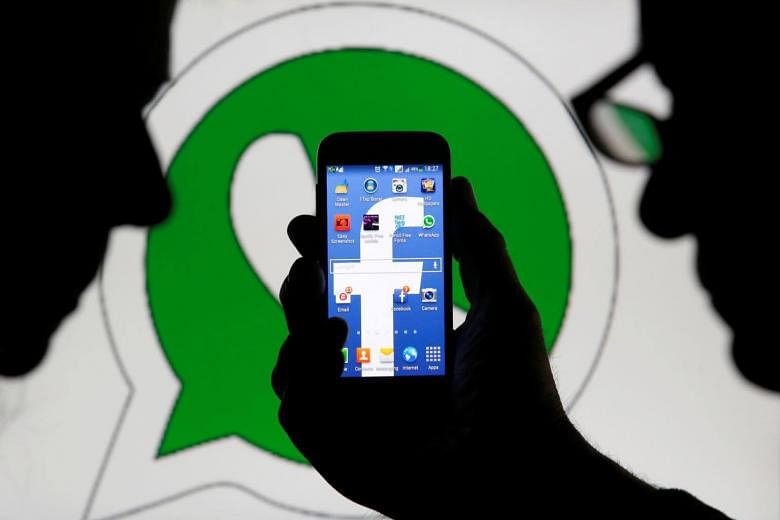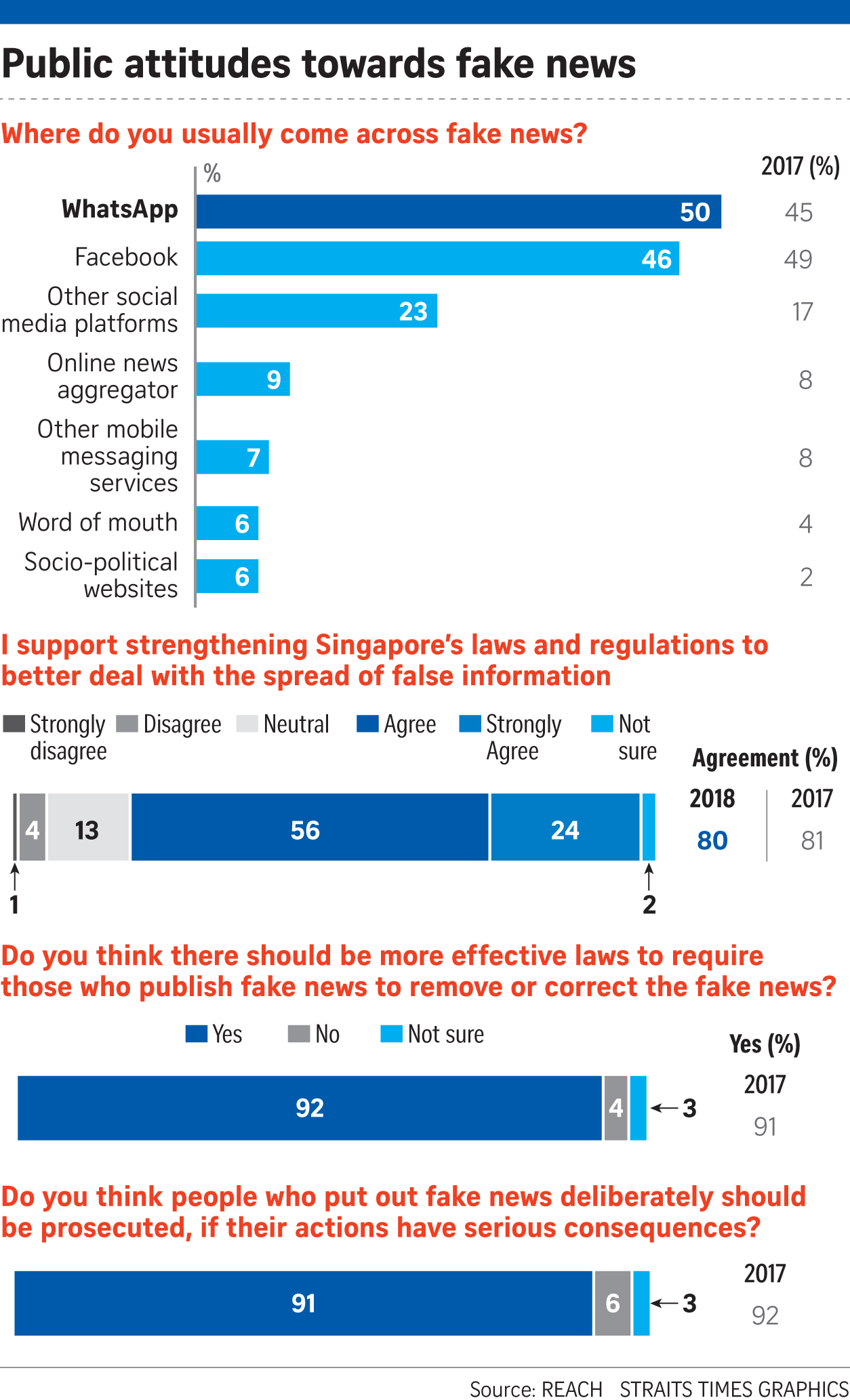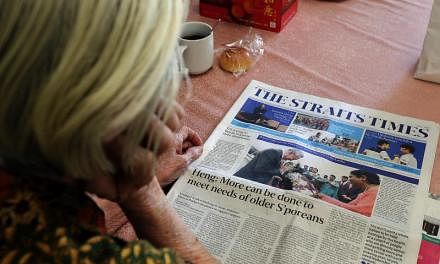Facebook and WhatsApp were identified as the two main sources of bogus news here by people who responded to a government survey on attitudes towards fake news.
About half of the Singapore residents polled who have come across fake news said they had seen it on the two popular applications.
These findings by government feedback unit Reach come as the spread of deliberate online falsehoods is being scrutinised by a parliamentary Select Committee here.
The committee of ministers and MPs has conducted five days of public hearings, where they heard from experts and technology companies on the role played by social networks and messaging platforms in the problem. It will hear from non-governmental organisations and civil and human rights groups today.
Reach polled 2,504 Singapore residents aged 15 and above via phone interviews held between May 8 and May 19 last year, and between Feb 12 and Feb 20 this year. The respondents were randomly selected, and the sample was weighted by gender and age to ensure that it was representative of the national population.
Of those polled, 77 per cent said they had come across inaccurate news online at least occasionally.
A smaller number, though, about three in 10, said they had seen fake news about Singapore in the past one year. The majority of them, about 70 per cent, also reported that they were not always able to tell if a piece of news was false at the time they read it. The survey did not address whether they went on to try and verify the information.
Despite this, about half of all respondents to the survey said they were confident of their ability to discern real from fake. But their estimation of others' ability was lower, with 32 per cent of respondents saying they believed other people would be able to recognise fake news.
Commenting on this, Assistant Professor Edson Tandoc of Nanyang Technological University's Wee Kim Wee School of Communication and Information, said: "Self-confidence does not always correspond with actual ability. In fact, it becomes risky when the individual's confidence is high but actual ability is low."
The survey also found that most people are concerned about the spread of fake news online and supported strengthening laws and regulations to curb the problem.
Of particular concern among eight in 10 respondents was the spread of deliberate fake news by individuals or companies who were doing so for profit. When asked if they supported stronger laws against fake news, the majority of those polled, eight in 10, said they agreed or strongly agreed.
And nine in 10 felt there should be more effective laws to require the removal or correction of the reports, and also to prosecute those who publish fake news deliberately "if their actions have serious consequences".
On this, Prof Tandoc said the support for laws and regulations was consistent with the high level of public concern about fake news.
He added that this was also reflected in focus group discussions his school has conducted - during which people had expressed general support for government action against fake news - though they had "different ideas of how this should be carried out", such as whether it should be done by existing laws or new laws.
Reach chairman and Minister of State Sam Tan, noting that fake news can have "real-life consequences", said in a statement: "Singaporeans are aware of the danger and understand that more needs to be done to tackle the issue, both in terms of regulation and education."
Public hearings to fight online falsehoods: Read the submissions here and watch more videos.
















